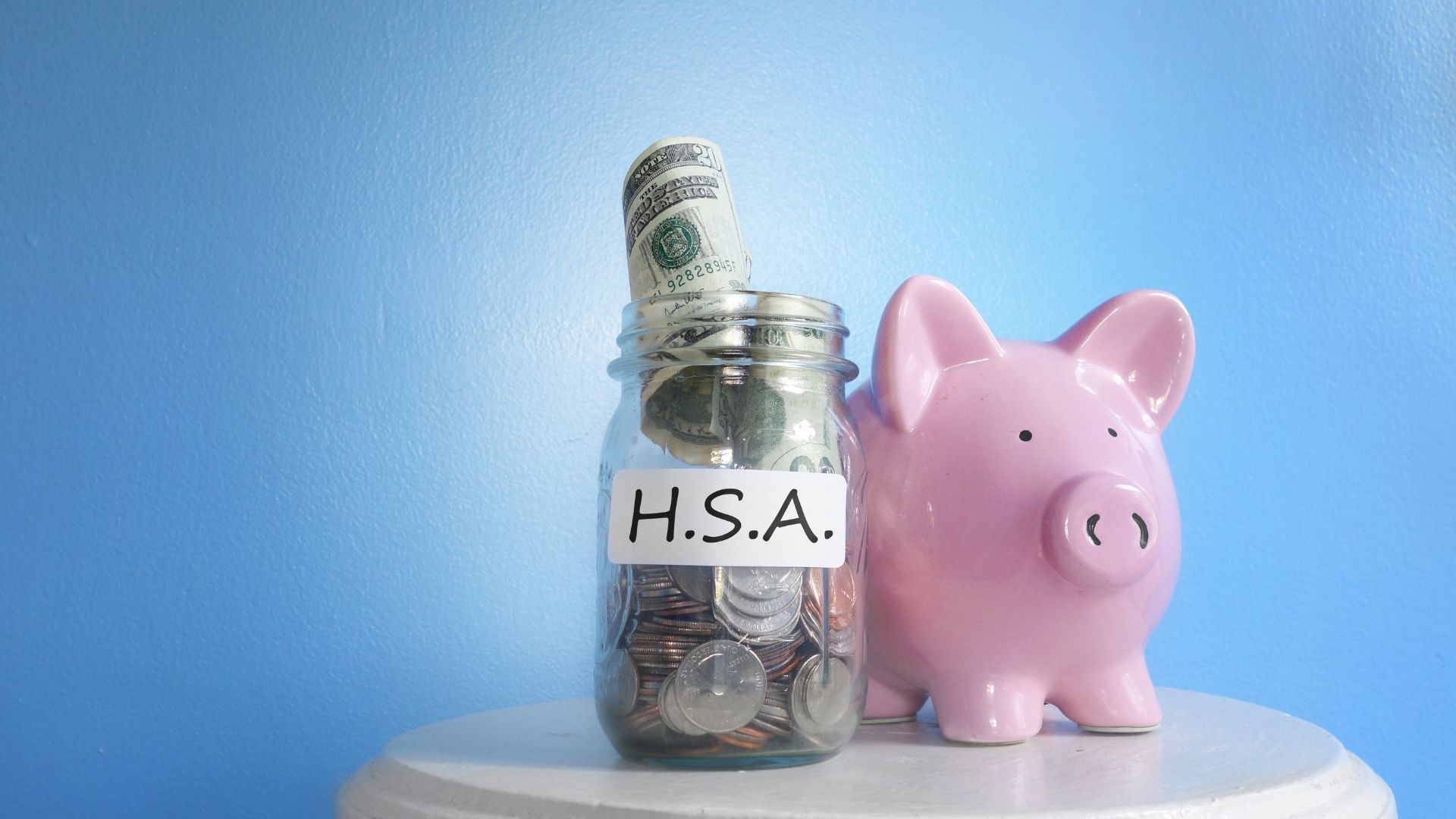By Dana Dostal
•
January 14, 2025
As we age, managing healthcare costs becomes increasingly important. Many seniors are looking for ways to save on medical expenses and ensure they have sufficient funds for future healthcare needs. One option that has gained popularity in recent years is the use of a Health Savings Account (HSA). While HSAs offer several benefits, they may not be the right fit for everyone. In this blog, we’ll explore the pros and cons of senior health savings accounts (HSAs). What is a Health Savings Account (HSA)? An HSA is a tax-advantaged account that allows individuals to save money for qualified medical expenses. The main advantage of an HSA is its triple tax benefit: Contributions are tax-deductible, Growth (interest or investment earnings) is tax-free, Withdrawals for qualified medical expenses are also tax-free. HSAs are available to individuals who are enrolled in a High Deductible Health Plan (HDHP) , which typically offers lower monthly premiums but higher deductibles. While HSAs are often used by people under 65, they can also be a useful tool for seniors, especially those with Medicare. Pros of Health Savings Accounts (HSAs) for Seniors Tax Benefits: The triple tax advantage is the most compelling reason to open an HSA. Contributions to your HSA are tax-deductible, reducing your taxable income for the year. The funds you contribute also grow tax-free, and any withdrawals for medical expenses are not taxed. This can significantly reduce your overall tax burden. Savings for Future Healthcare Costs: As you approach retirement, healthcare costs can become a major concern. An HSA allows you to save for current and future medical expenses. Unlike Flexible Spending Accounts (FSAs), which have a "use-it-or-lose-it" policy, funds in an HSA roll over year after year, so you don’t have to worry about losing any remaining balance at the end of the year. No "Use-It-or-Lose-It" Rule: Unlike FSAs, which often require you to use the funds within the calendar year or risk forfeiting them, HSAs allow your contributions to carry over indefinitely. This makes them an excellent option for seniors who want to save for larger medical expenses later in life. Can Be Used for Medicare Expenses: Although seniors over 65 are no longer eligible to contribute to an HSA if they are enrolled in Medicare , they can still use the funds in their HSA to pay for a variety of medical expenses, including Medicare premiums, copayments, and even long-term care services. This can help reduce the strain on your retirement savings and keep you financially secure. Flexibility and Control: With an HSA, you have full control over your healthcare spending. You can use the funds for a wide range of medical expenses, from doctor visits and prescriptions to dental and vision care. If you don’t need to use the funds immediately, you can invest the money to grow it for future healthcare needs. Cons of Health Savings Accounts (HSAs) for Seniors Eligibility Requirements: To open and contribute to an HSA, you must be enrolled in a High Deductible Health Plan (HDHP). Many seniors, especially those who are enrolled in Medicare, may no longer meet this requirement. While you can still use existing HSA funds once you are on Medicare, you cannot make new contributions. Contribution Limits: For 2025, the annual contribution limit for HSAs is $3,850 for individuals and $7,750 for families. Seniors aged 55 and older can make additional "catch-up" contributions of up to $1,000. While these limits are generous, they may not be enough for seniors with significant healthcare needs or for those who wish to fully fund their future medical expenses. If you're wondering how to best use your retirement savings, our team can assist with strategies to maximize your funds. Visit Senior Insurance Advisors to learn more. High Deductible Health Plans May Have High Out-of-Pocket Costs: While HDHPs offer lower premiums, the higher deductibles can be a burden if you experience significant medical costs. For seniors, who may face increased healthcare needs as they age, a high deductible can mean that you must pay a substantial amount out of pocket before your insurance begins covering costs. This may make it difficult to manage healthcare expenses in the short term, even if you have an HSA. Limited Use of Funds Before Age 65: If you're not yet 65, using your HSA for non-medical expenses will incur a 20% penalty (in addition to taxes). This can make it difficult to access your HSA funds if you need them for reasons other than healthcare, particularly if you’re under 65 and facing unexpected financial hardship. Is an HSA in Lincoln, Nebraska Right for You? An HSA can be a powerful tool for saving and paying for healthcare costs, especially for seniors who are looking for tax advantages and long-term savings. However, they are not suitable for everyone. If you're on Medicare, you won't be able to make new contributions, but you can still use your existing HSA funds for qualified medical expenses. Additionally, the eligibility requirements and high deductible plans may not align with your current healthcare situation. If you’re considering opening an HSA or want more information about how it fits into your retirement strategy, reach out to our team at Senior Insurance Advisors. We can help you navigate the various options available to ensure that your healthcare and financial needs are met.











